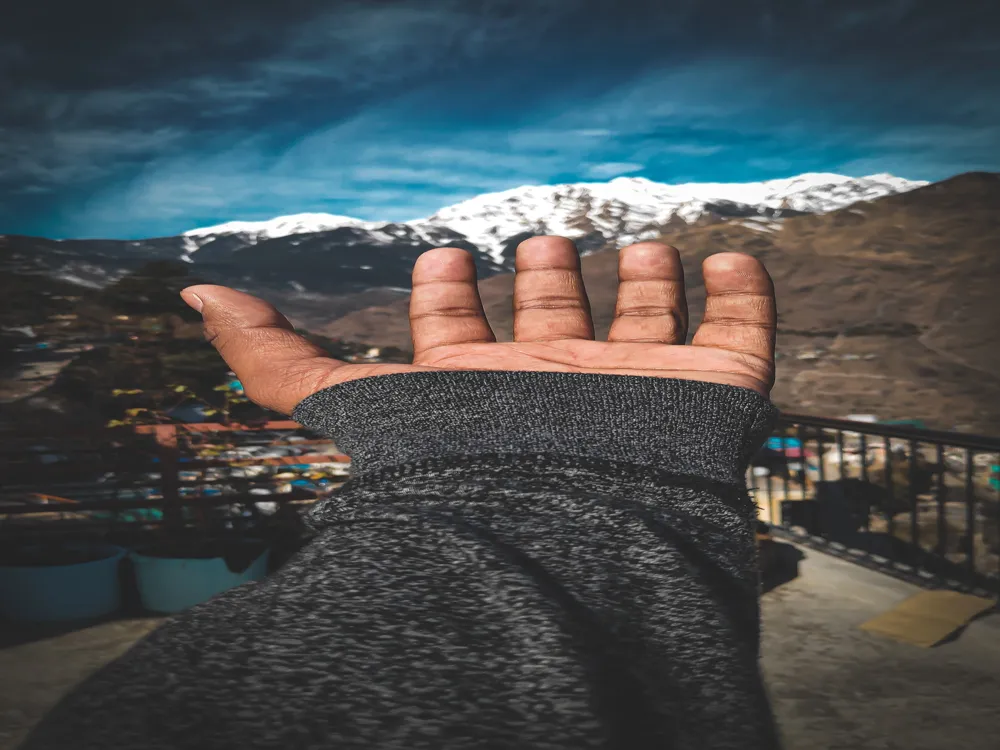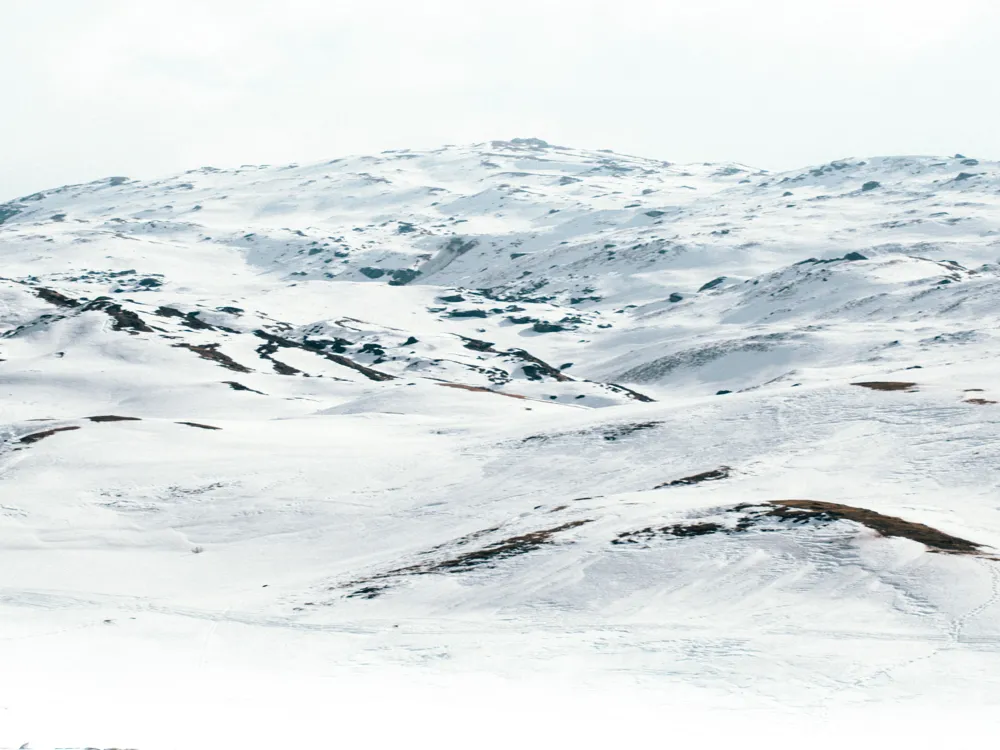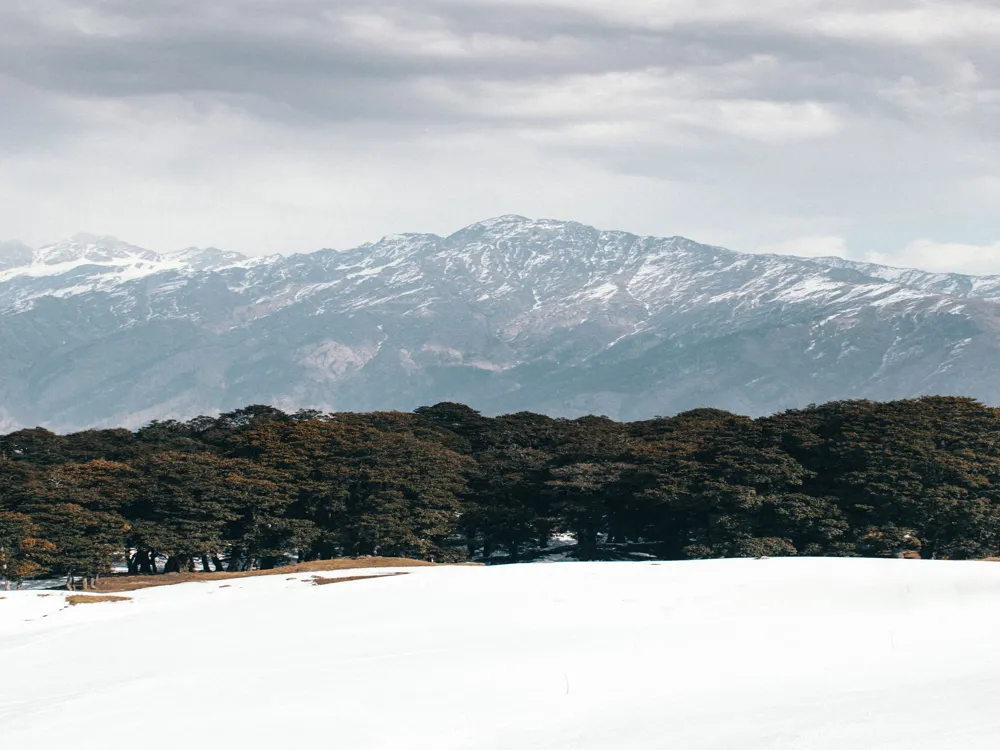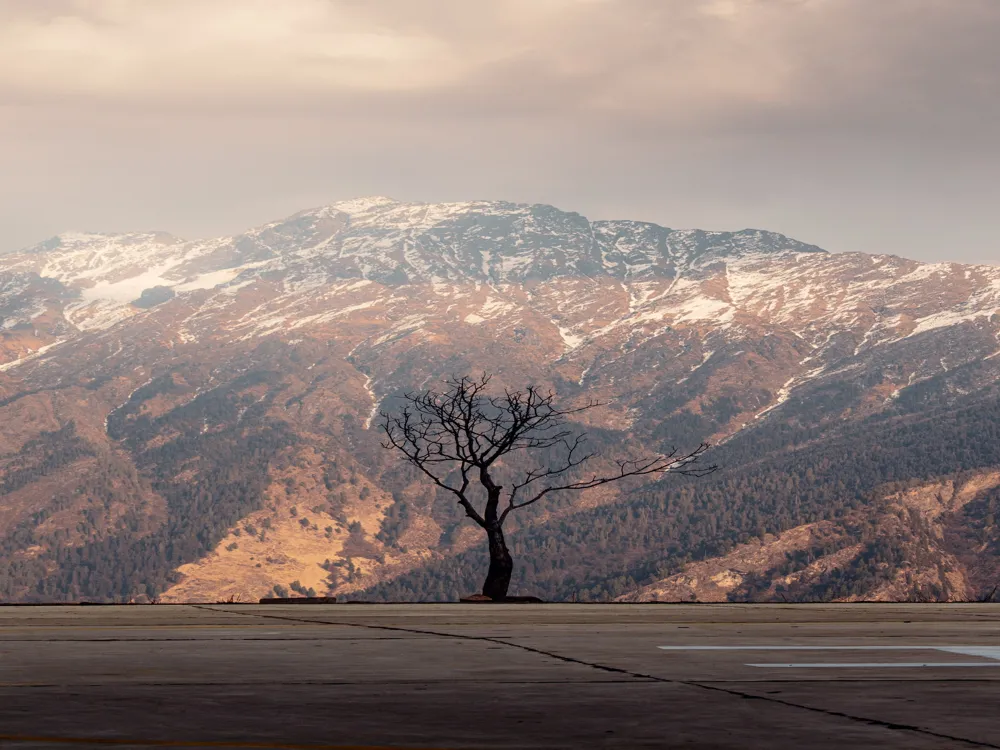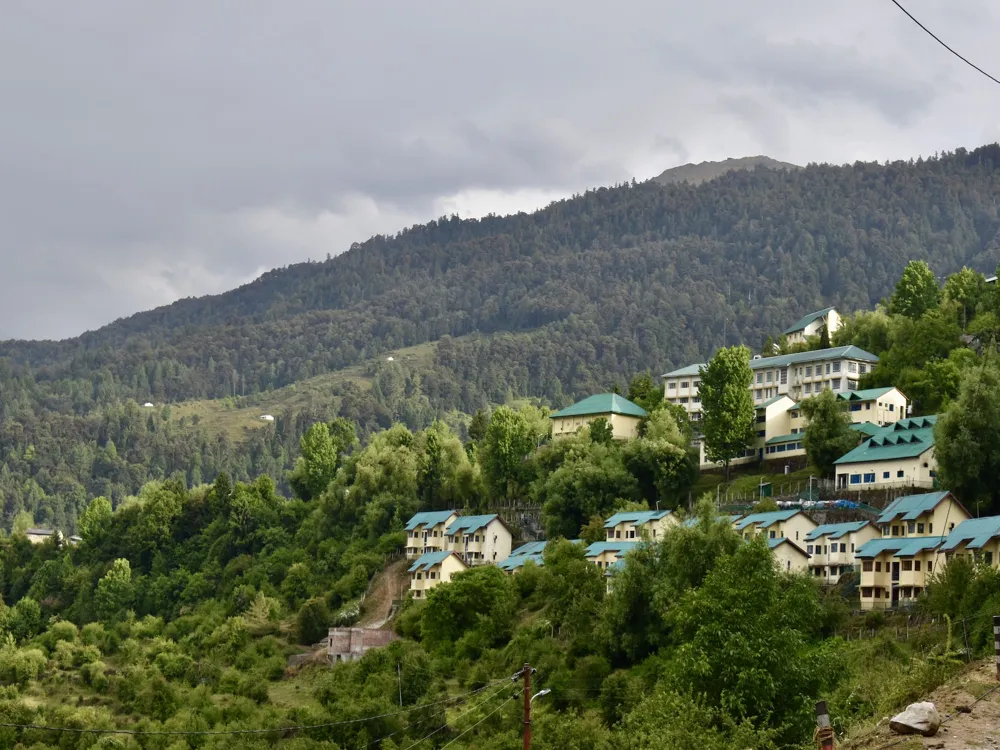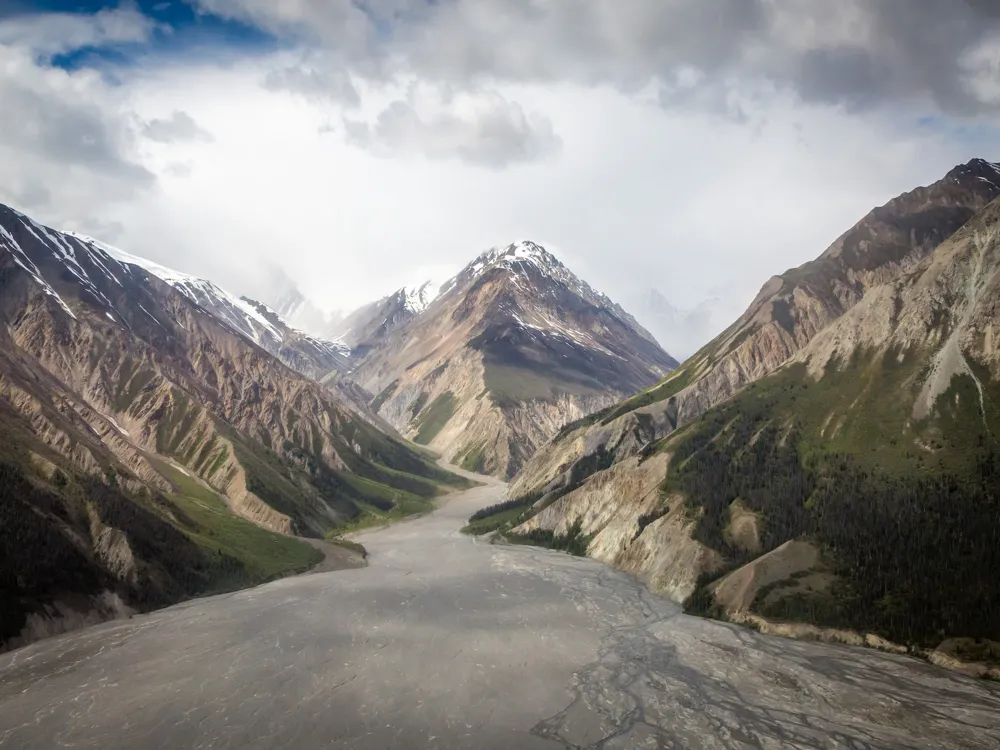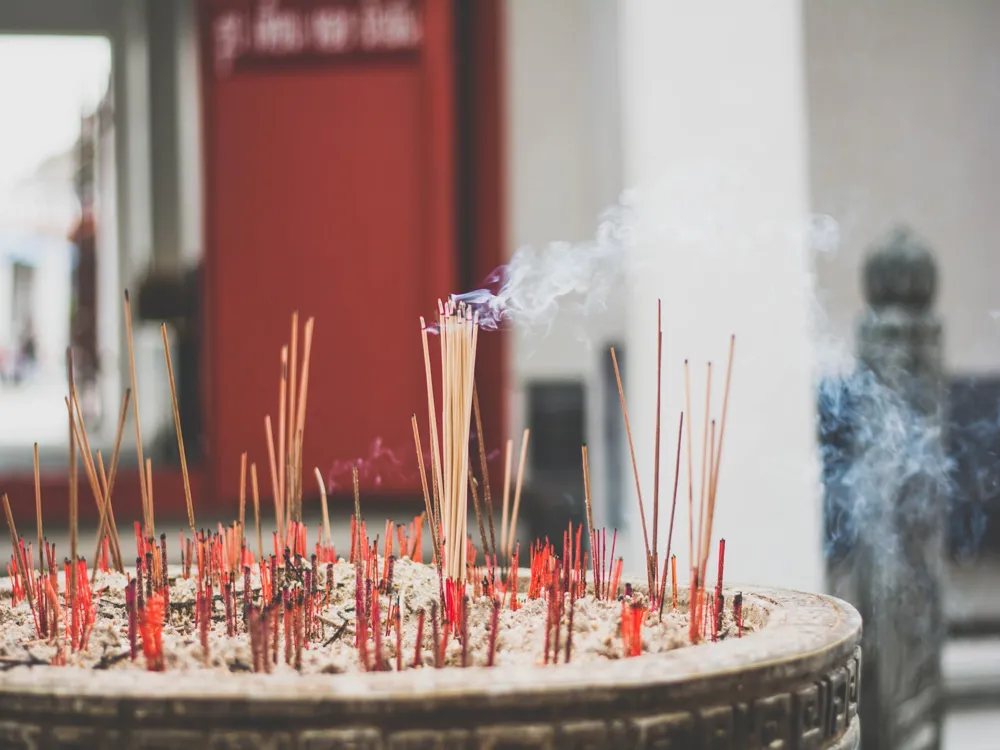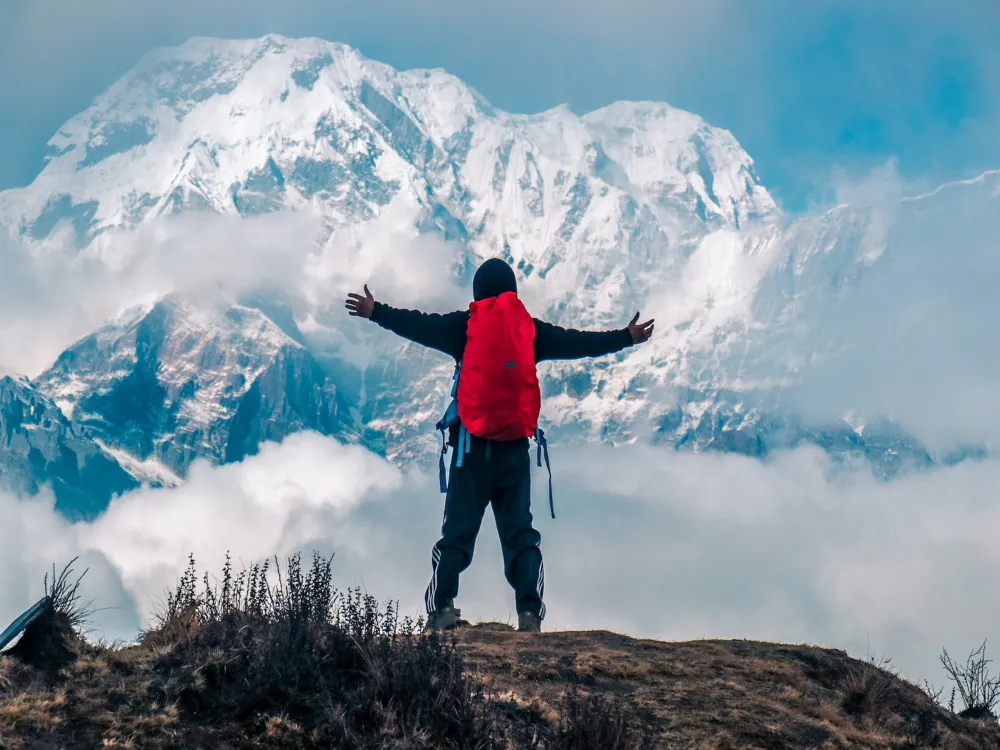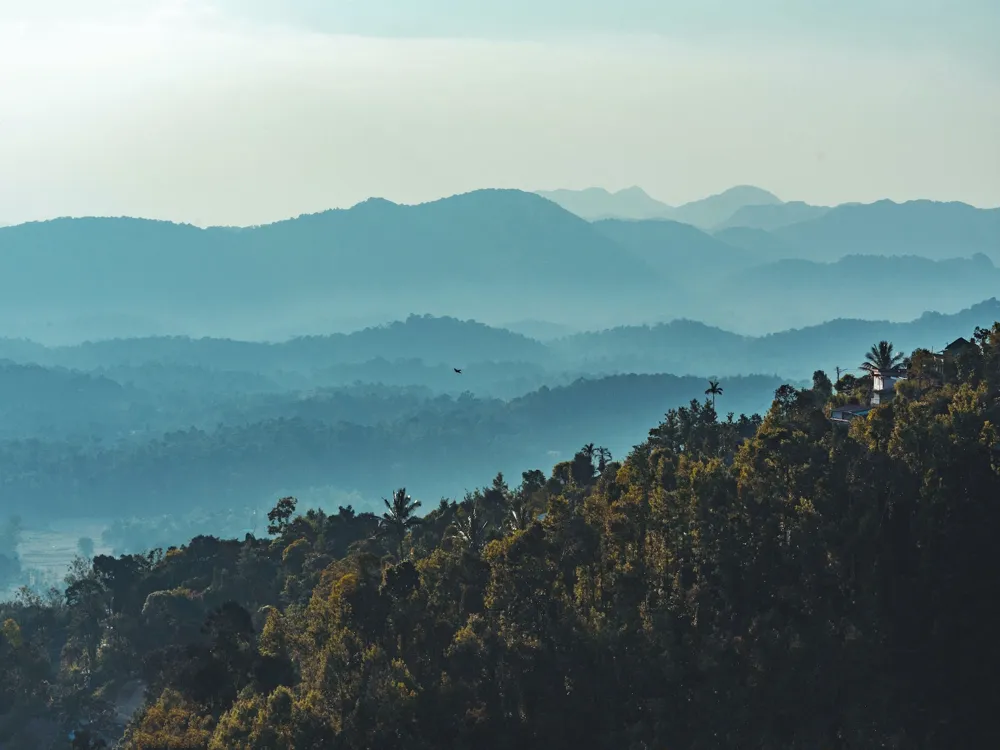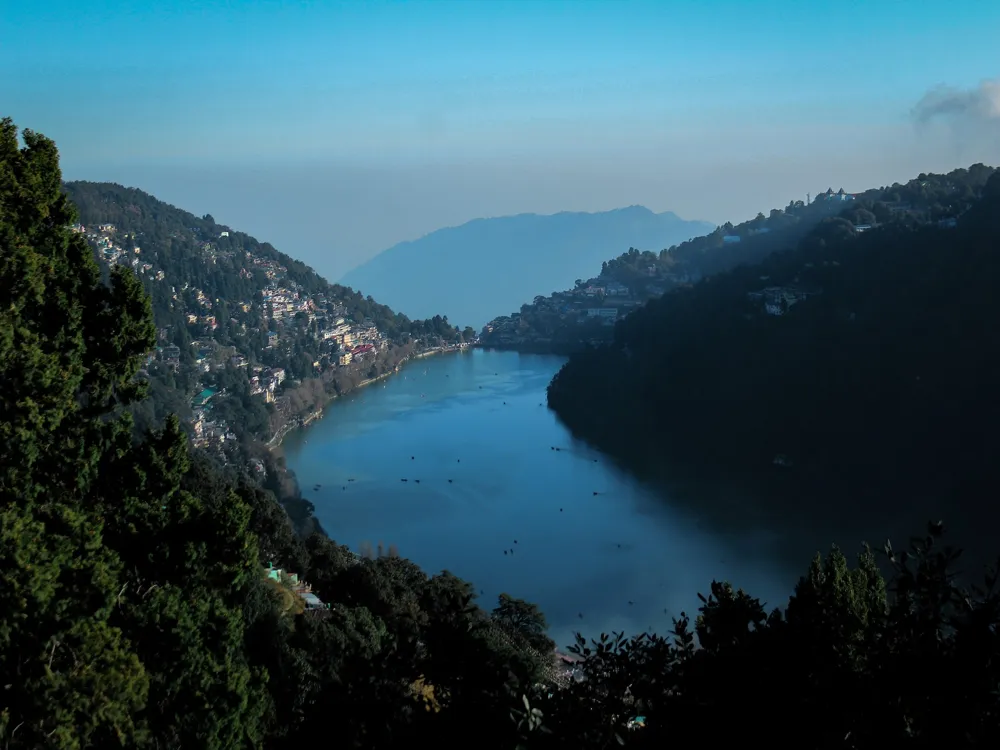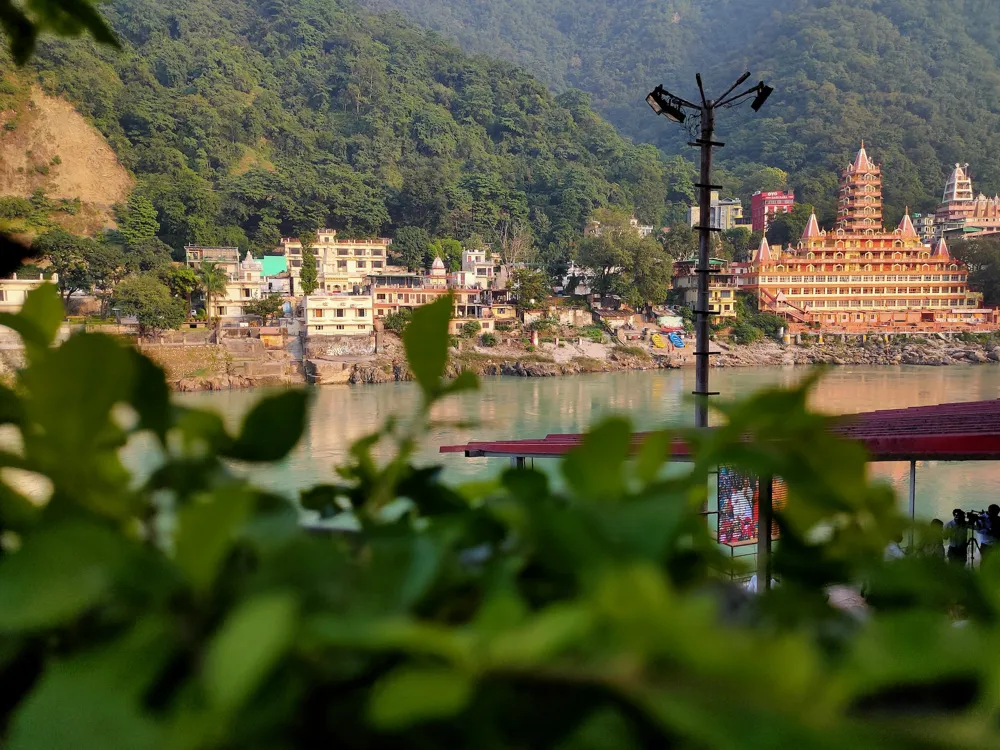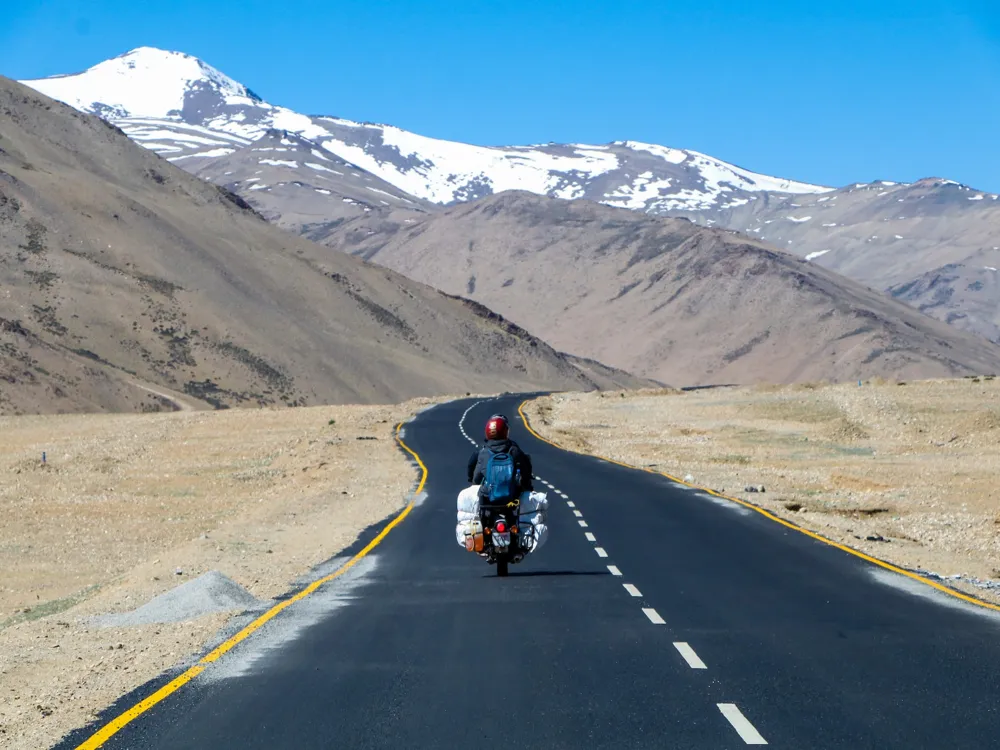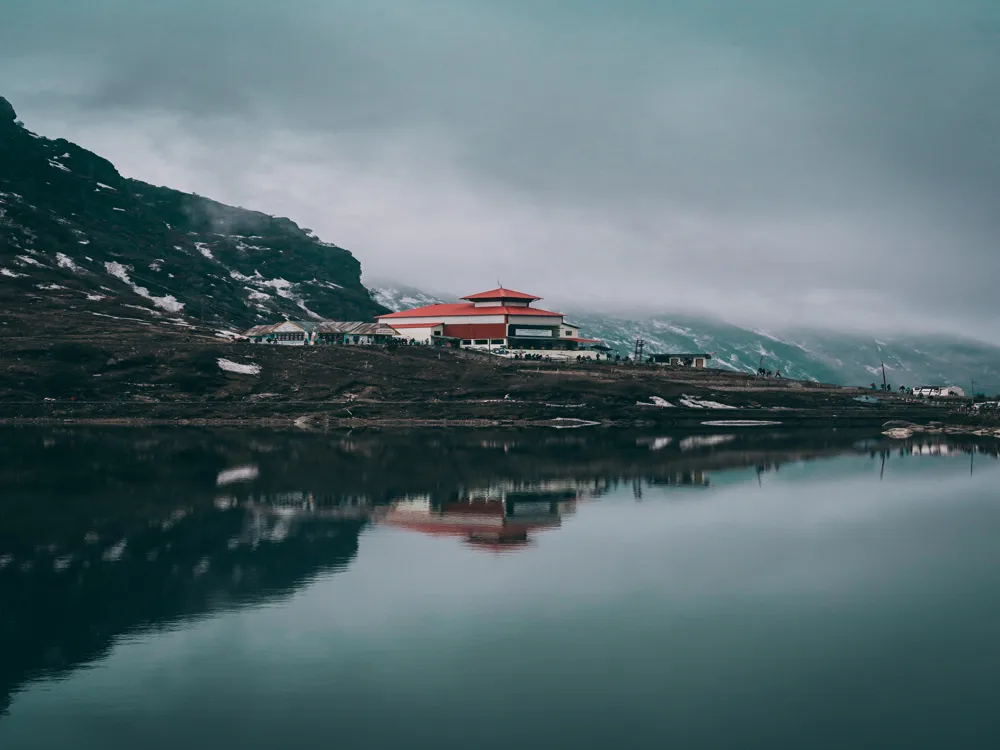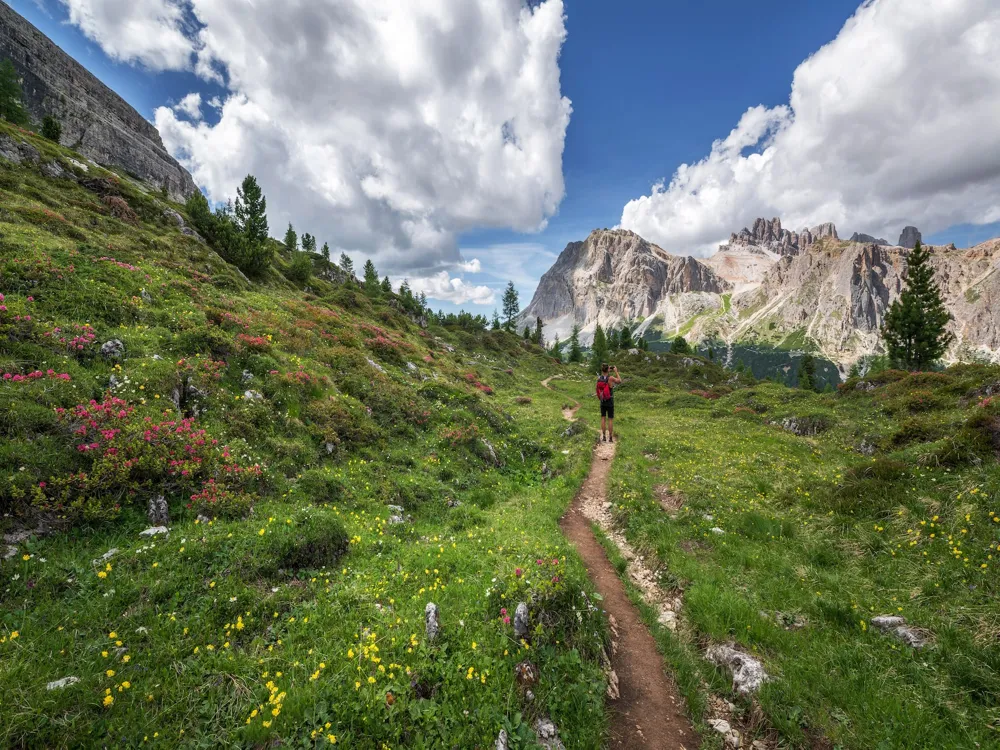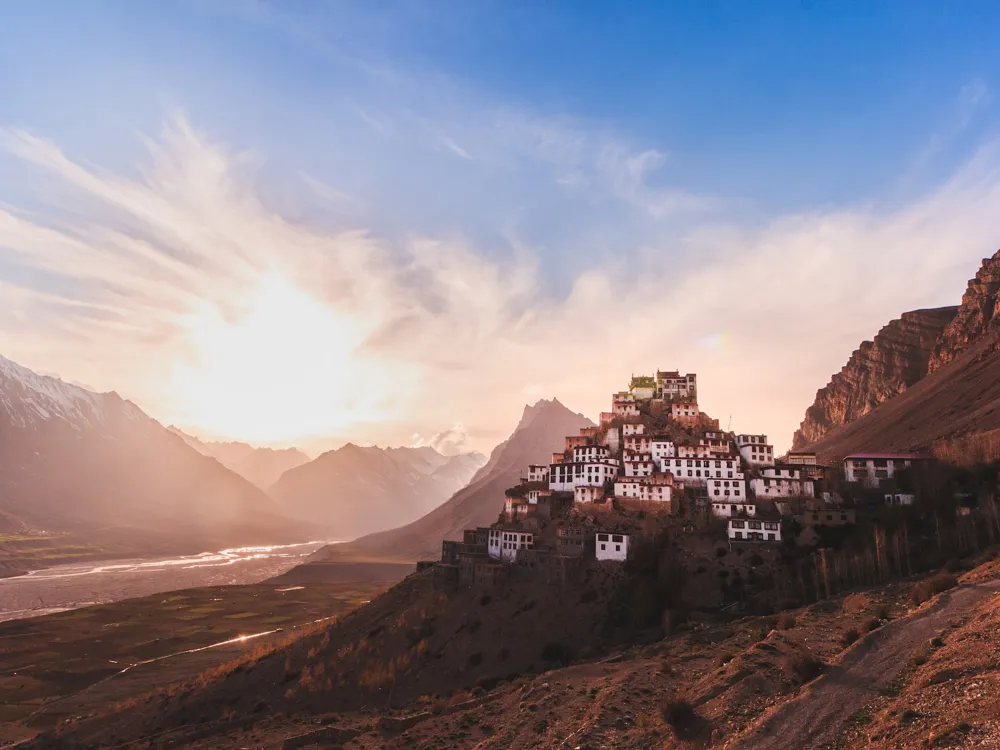Best Time to Visit Joshimath
Uttarakhand India
23 out of 57 Places to visit in UttarakhandNaN onwards View Packages
Get Customized PackagesThe Land of Diversity
Top Hotel Collections

Private Pool

Luxury Hotels

5-Star Hotels

Pet Friendly
What is the Best Time to Visit Joshimath?
Planning a visit to Joshimath? Choosing the right time can significantly enhance your experience in this breathtaking Himalayan destination. Joshimath, nestled in the Chamoli district of Uttarakhand, India, offers diverse experiences throughout the year. Let's delve into the specifics to ensure your trip is nothing short of spectacular
More about Best Time to Travel to Joshimath
Travel Peak Season in Joshimath
Embark on your Joshimath adventure during the peak season, spanning from May to June. This period boasts comfortable temperatures ranging from 15°C to 20°C, ideal for exploring the town and its surroundings. The vibrant flora, including rhododendrons and orchids, is in full bloom, creating a picturesque landscape. This is also the best time for trekking and witnessing the captivating views of the Himalayan peaks.
Travel Offseason in Joshimath
For those seeking tranquility and a unique experience, the offseason from October to March is ideal. While temperatures can drop to sub-zero levels, the serenity of Joshimath during this time is unparalleled. You'll have the opportunity to witness the pristine snowfall, turning the town into a winter wonderland. This is perfect for avid snow lovers and those wanting to avoid the crowds.
Joshimath Travel Packages
View All Packages For Joshimath
Joshimath in Shoulder Season
The shoulder seasons, April and September, offer a perfect balance between the vibrant peak season and the serene offseason. During these months, the weather is mild, and you can enjoy both the blooming flowers and the tranquility that comes with fewer tourists. It's an excellent time for a more intimate experience with Joshimath's natural beauty.
Joshimath in Hot Season
If you can withstand slightly warmer temperatures, consider visiting Joshimath in July and August. While the mercury rises, this is also when the monsoon brings life to the region, with lush greenery and flowing rivers. Adventure seekers can still find solace in exploring, but be prepared for occasional rainfall.
Joshimath in Rainy Season
While the rainy season, particularly from July to August, might not be the top choice for some, it has its own charm. The showers bring life to the flora, creating a vibrant landscape. If you're a nature enthusiast and don't mind occasional drizzles, this could be an offbeat yet delightful time to experience Joshimath.
Joshimath in Cool Season
For those seeking a cool climate without extreme cold, plan your visit to Joshimath in April and September. The temperatures are pleasant, making it conducive for outdoor activities. Whether you're exploring the town, trekking, or simply enjoying the scenic beauty, the cool season provides a comfortable environment for a memorable trip.
Places To Visit In Joshimath
Nearby Places Joshimath
Joshimath Photos
View All Photos For JoshimathBrowse Package Collections
Browse Hotel Collections
Faq
Q: What is the best time to visit Joshimath for a pilgrimage to Badrinath?
A: The best time for a pilgrimage to Badrinath from Joshimath is during the summer months, from May to June, when the weather is pleasant and the pilgrimage route is open.
Q: When is the most suitable time for adventure enthusiasts to visit Joshimath?
A: If you're into adventure activities like trekking and skiing, plan your visit during the winter months, from late December to February, when the region is covered in snow, offering excellent opportunities for winter sports.
Q: What is the monsoon season like in Joshimath, and should I avoid it?
A: The monsoon season, from July to September, brings heavy rainfall, increasing the risk of landslides. While the landscape is lush green during this time, it's advisable to avoid visiting Joshimath during the monsoon due to safety concerns.
Q: Are there any specific events or festivals that make certain times of the year special in Joshimath?
A: Yes, the Nanda Devi Raj Jat Yatra, held once every 12 years, is a significant event that attracts pilgrims and tourists alike. Plan your visit during this auspicious time for a unique cultural experience.
Q: What is the off-season like in Joshimath, and is it a good time to visit for solitude?
A: The winter months, especially from November to March, constitute the off-season. While some areas may be inaccessible due to heavy snow, if you're seeking solitude and a peaceful retreat, this could be an ideal time.

